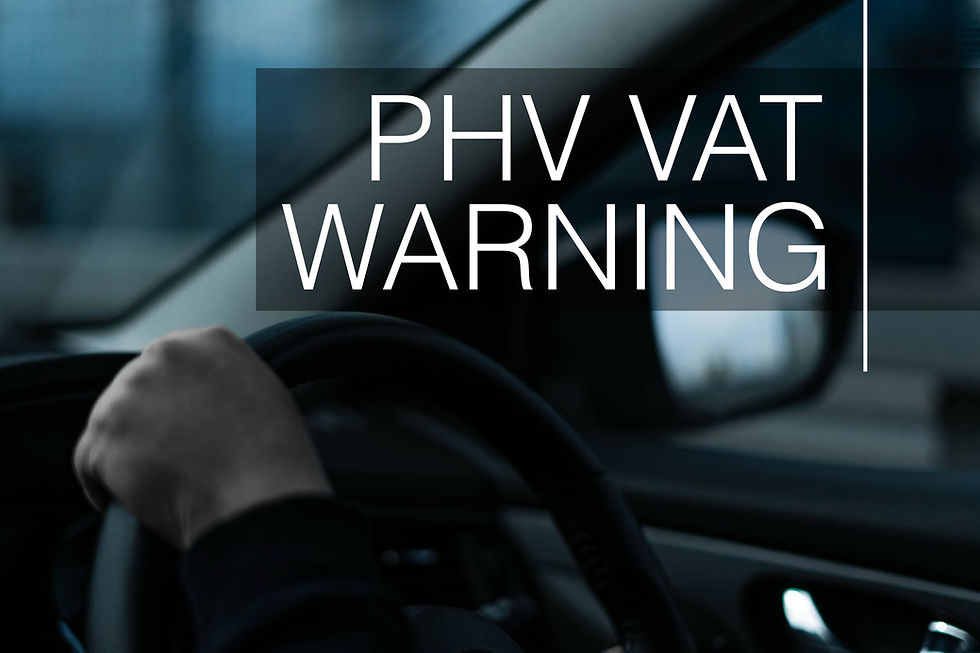Solicitor warns Chancellor’s proposed ‘Taxi Tax’ on private hire services risks putting an ‘unfair burden’ on smaller operators
- Perry Richardson

- Nov 20, 2025
- 3 min read
Updated: Nov 21, 2025

A solicitor who helped secure the Supreme Court ruling that protected private hire operators from blanket VAT charges has warned that the Chancellor’s reported plans for a new ‘taxi tax’ could push up fares for the passengers who rely on private hire services most.
Layla Barke-Jones, Dispute Resolution Partner at Aaron & Partners, represented Delta Taxis in the high-profile case that confirmed operators outside London are not required to charge VAT on every fare. The judgment was seen as a major moment for the sector, settling years of uncertainty over operator models used nationwide.
Reports now suggest the Chancellor is considering forcing VAT on all private hire fares in the Autumn Budget. Barke-Jones says such a move would undo the clarity gained only months ago and impose costs that many operators and passengers cannot absorb.
She said the legal position had only just been settled after a long process and added that the Supreme Court confirmed the business models used across the UK remain lawful and do not trigger automatic VAT on fares. Barke-Jones said this outcome protected passengers from fare rises and allowed small firms to keep operating in a way suited to their structure.
She warned the proposed change would cut across that judgment and require new legislation. She said this would place extra pressure on small private hire operators already working on limited margins and dealing with rising costs.
Barke-Jones called on policymakers to take care before pressing ahead and to consult fully with operators and passenger groups. She said decisions of this scale must consider the real-life impact on people who depend on the service.
Barke-Jones said: "We are very concerned at the murmurings around the potential for Rachel Reeves to announce a “taxi tax” in the upcoming budget. Whilst a consultation on VAT in private hire was launched by the previous government to address the potential inequality that obligatory VAT on private hire fares would introduce, the recent Supreme Court judgment brought long-awaited clarity to thousands of private hire operators. The highest court in the land confirmed that the long-standing business models used by operators up and down the country remain lawful – and that VAT isn’t therefore automatically required to be charged on private hire fares. That outcome, which our client and other operators fought hard for, helped protect passengers from consequential fare increases, while allowing local businesses to continue operating in a way that suits their size and structure.
"Against that backdrop, proposals for a so-called 'taxi tax' raise serious questions. Forcing VAT on all fares would require a change in the law, overriding the clarity provided by the courts in the summer, and could place an unfair burden on small operators who are already managing tight margins.
"Most vitally, we must not lose sight of who this impacts. Private hire taxis are a vital service for people who rely on them for essential everyday travel: particularly elderly passengers, disabled people, and lower-income households. These are the very groups who would feel any cost increase most sharply. We urge policymakers to tread carefully and consult widely, including crucially passenger groups, before making decisions that could have such far-reaching consequences."
RELATED NEWS STORY:








